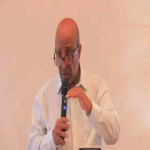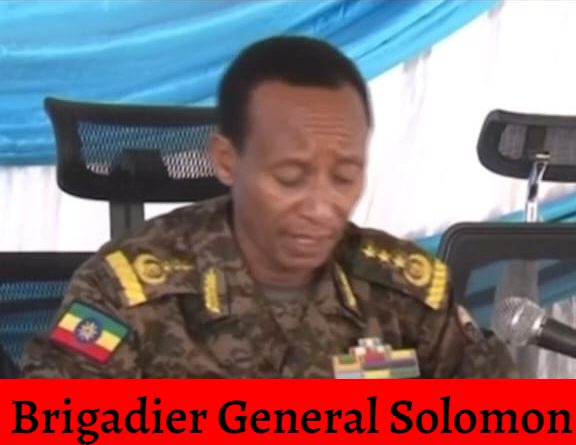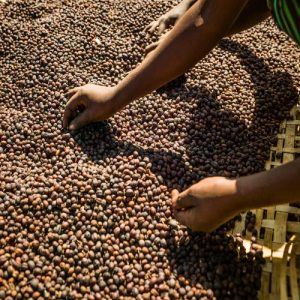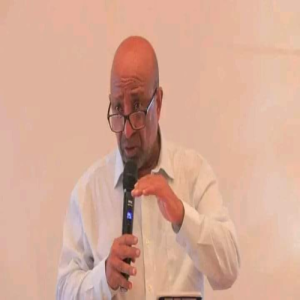During Ethiopia’s internal conflicts, the strength and resilience of armed groups play a pivotal role in shaping the course of events. Recently, assertions regarding the weakening the Oromo Liberation Army (OLA) have sparked debate and speculation. This blog delves into the claims made by Ethiopian military officer Lieutenant General Solomon Etefa and offers a critical analysis of their implications for the OLA and the broader conflict.
Claims of OLA Weakness
Lieutenant General Solomon Etefa, a top officer of the Ethiopian military, has made bold assertions regarding the supposed collapse and infighting within the Oromo Liberation Army. Citing internal divisions and weakening resistance in Welega and Horo Gudurru, Lieutenant General Etefa’s claims raise questions about the sustainability of the OLA’s operations and the cohesion of its forces.
Analysis of Military Assertions
While claims of OLA weakness may serve the interests of the Ethiopian military and its efforts to undermine the opposition, they warrant scrutiny and analysis. Tensions and disagreements within armed groups are not uncommon in conflict environments, and infighting does not necessarily equate to a collapse of organizational capabilities. Furthermore, the military’s focus on highlighting OLA weaknesses may be part of a broader strategy to project strength and control over the conflict narrative.
Last week, an audio conversation of Jal Shurubbe, an OLA commander, went viral. The commander was talking about internal conflict in OLA. Reportedly, Kumsa Dirriba Jal Marroo, OLA chief, has called Jal Shrubbe back to OLA headquarters. It indicates that internal conflict exists in OLA, but its intensity is exaggerated by OLA critics.
Reflection and Considerations
As observers assess the integrity of Lieutenant General Etefa’s claims, it is essential to consider the broader context of the Ethiopian conflict and the strategic motivations behind military assertions. Questions regarding the reliability of information, the potential impact on civilian populations, and the implications for peace and stability in the region must be carefully weighed in evaluating the significance of claims of OLA weakness.
Conclusion
The claims of OLA weakness by Lieutenant General Solomon Etefa warrant careful consideration and critical analysis of Ethiopia’s complex internal conflicts. As stakeholders navigate the dynamics of the conflict and seek to advance their respective agendas, the veracity of such assertions and their implications for the broader trajectory of the conflict remain subjects of ongoing scrutiny and debate.
More Stories
Ethiopia: Deployment of Drones & Fighter Jets at Semera airport in Afar










More Stories
Ethiopian Coffee Exports Decline
Abay Bank Mobile Banking
12th-Grade Exams in Ethiopia to be Held Online in Some Cities